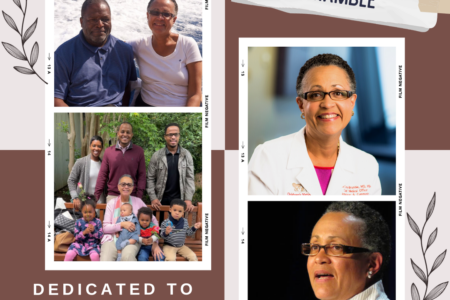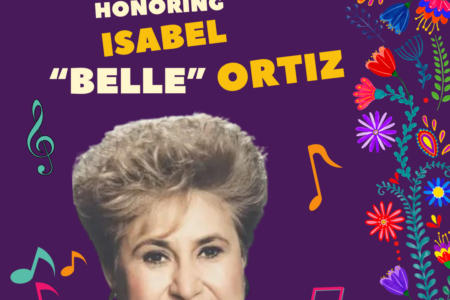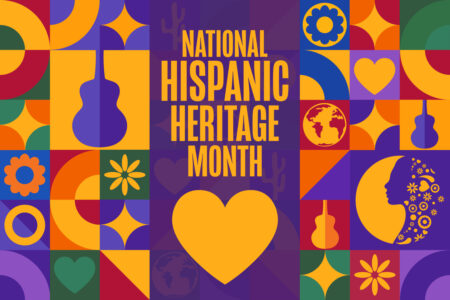Share On Social!
Fear.
Of being deported. Losing homes. Losing children.
Minvera Perez knows Latino immigrants live in constant fear in East Hampton, N.Y. (17.1% Latino), which stresses these parents and kids—not to mention harming their physical and mental health.
Perez wanted to help.
How could she overcome Latino families’ grim fears and stresses, and ease their mental health burden?
Levels of Fear
Perez is executive director of Organizacion Latino-Americana of Eastern Long Island (OLA).
OLA promotes cultural, social, economic, and educational development within Long Island’s East End Latino communities, specifically Suffolk County, N.Y. (19.5% Latino).
Perez and OLA are speaking up for social justice for Latino immigrants.
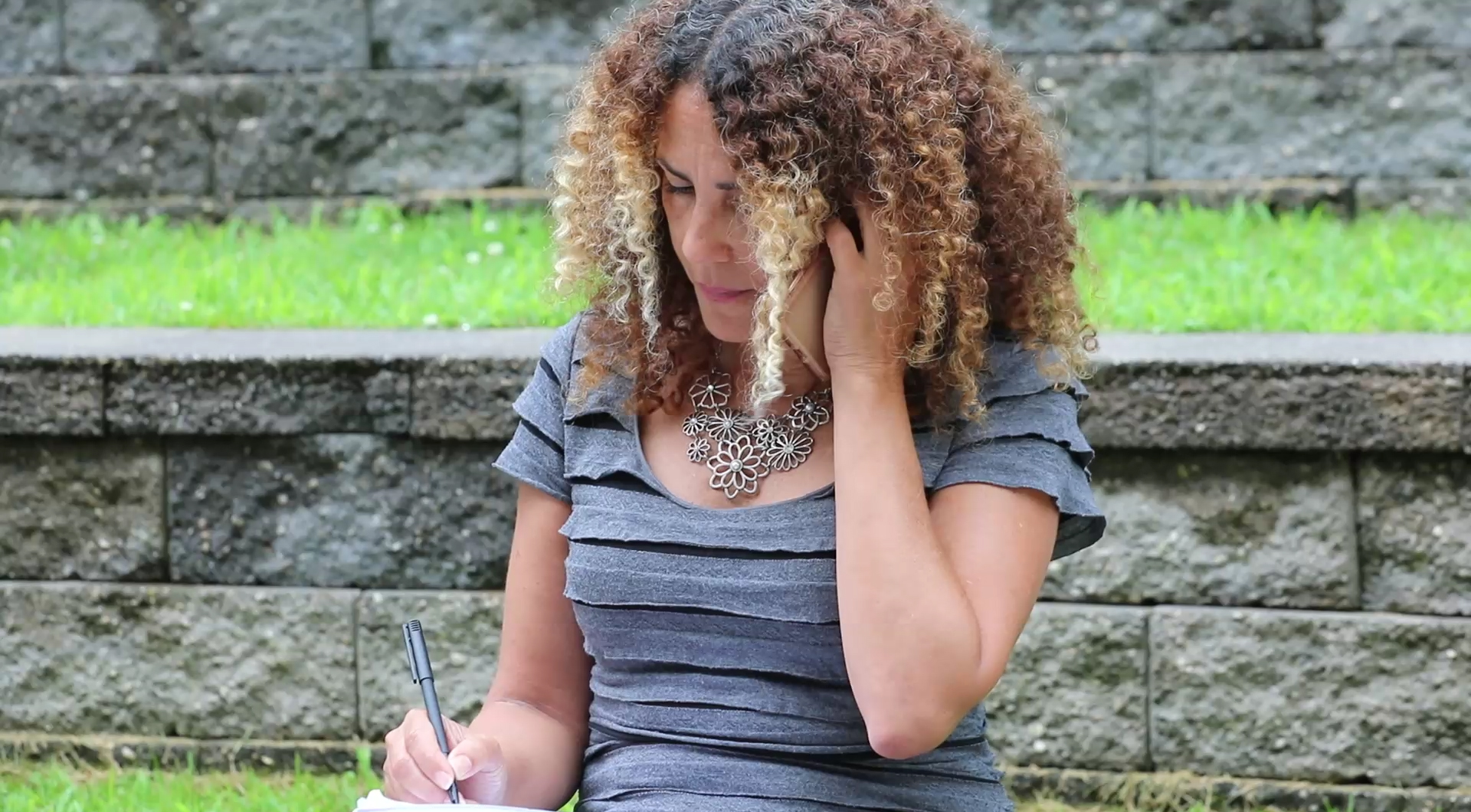
“Right now, Latino members in our community need … to kind of open a few doors, start a conversation that for whatever reason maybe hasn’t been started in certain circles, and bring people in. That’s my role,” Perez said.
OLA is already making great strides for Latinos.
They started a free van ride program to get Latinos to medical appointments. They’re even advocating local government to improve public transit.
But another issue soon came up: fear.
Latino and immigrant populations often approached Perez to express their fears about today’s climate. They feel targeted with discrimination and threat of deportation.
“The level of fear was just going up and up,” along with confusion and panic, Perez said. “What happens if my child comes back from school on the bus, and I’m not here, I’m deported. Who’s going to take care of my child? Is my child going to go into foster care”
Perez aid she knew mental health, fear, and stress needed to be “checked in on.”
“We started talking with doctor’s offices and finding out that emotional damage that was being done was manifesting itself in physical malady, physical issues in children as young as 5, 6 years old,” she said.
Creating a Safe Space for the Voiceless
Perez and OLA explored Latinos’ fears and what to do about them.
“We really wanted to hear from the people in our community. What do they need? Where are they falling apart? Where are the gaps? Where are the miscommunications? And what can we do to be helpful and impactful?”
Perez got a big idea.
“Safe space” workshops.
OLA began three-hour workshops—called Círculos de Fuerza, or Circles of Strength—to enable Latino families to express their stress and fears in English or Spanish, and lean on each other for support, all with guidance from licensed mental health professionals.
“People can feel good about whatever they’re sharing in this room,” Perez said. “That allows people to take some of the air out of that level of stress and fear and emotional isolation.”
Círculos de Fuerza workshops occur in the evenings to make it accessible to working families. They open to moms, dads, grandpas, grandmas, aunts, uncles, whoever the family unit is. Workshop leaders engage children and adults differently.
Workshops also includes dinner. People can come straight from work and not have to worry about cooking.
“[Círculos de Fuerza workshops are a] hands-on way to learn different skills in order to strengthen families in times of crisis. To just really strengthen those bonds,” said Stephanie Cerezo, executive assistant at OLA. “Giving families these tools to better cope with traumatic and stressful situations.”
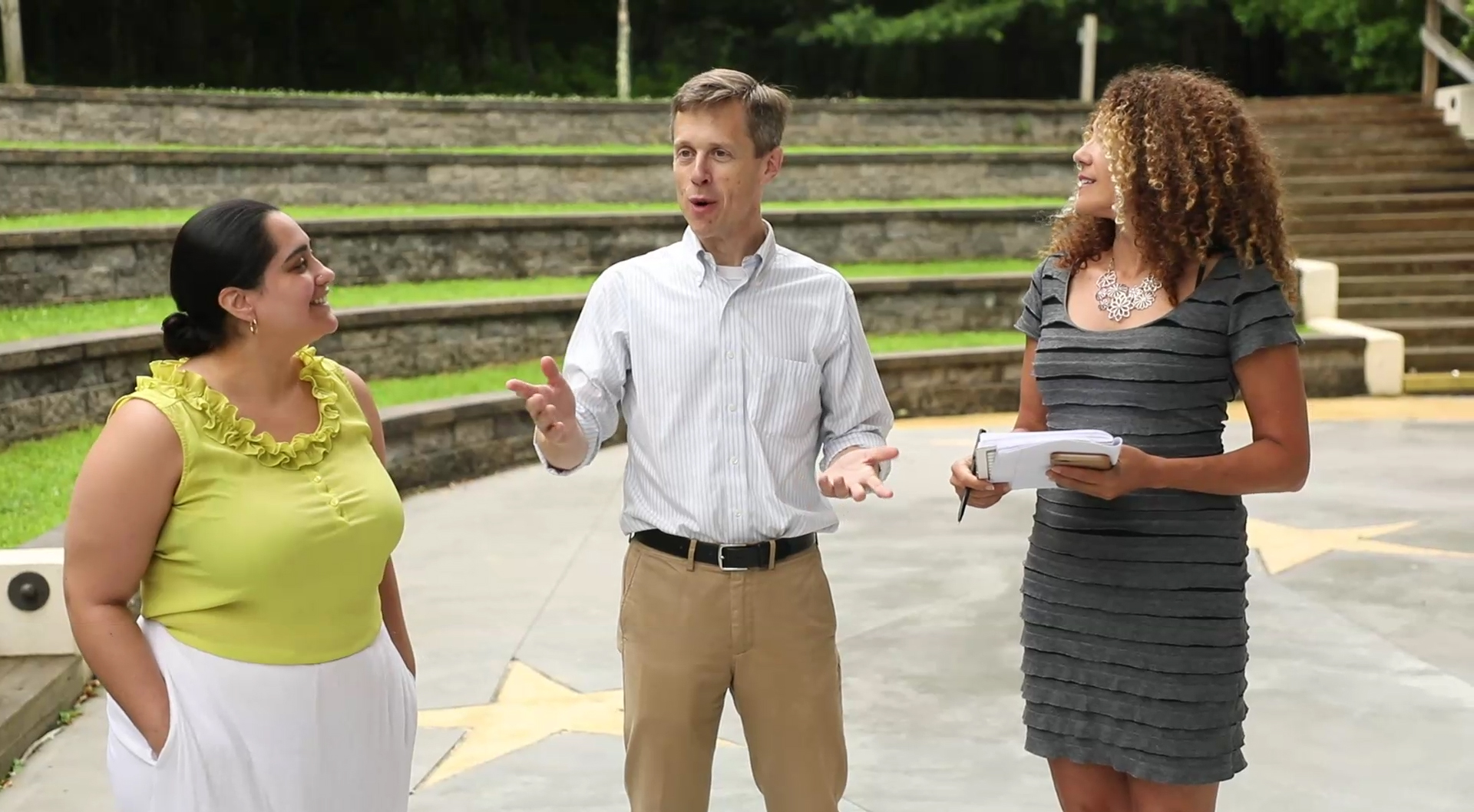
OLA also found a safe space to host these workshops, The Children’s Museum of the East End.
The museum, led by Steve Long, had already built a trustworthy reputation in the community.
“We really see ourselves as a safe space, and by working with groups like OLA who are also committed to that same objective, it really is a marriage made in Heaven. And it makes such a huge difference for our ability to achieve our mission,” Long said. “The opportunity to work with OLA has had a huge impact on our community.”
The Impact of Círculos de Fuerza
Círculos de Fuerza workshops are rising in popularity. They’re making a big impact on Latino families.
The workshops are starting conversations about mental health, Perez said. Latinos tend to suffer more mental health problems for their peers. They’re also much less likely to get treatment, according to a Salud America! research review. It is important to focus on how to talk to each other and how to handle our fears and other unfamiliar emotions. The mental health workshop puts an emphasis on reiterating this concept.
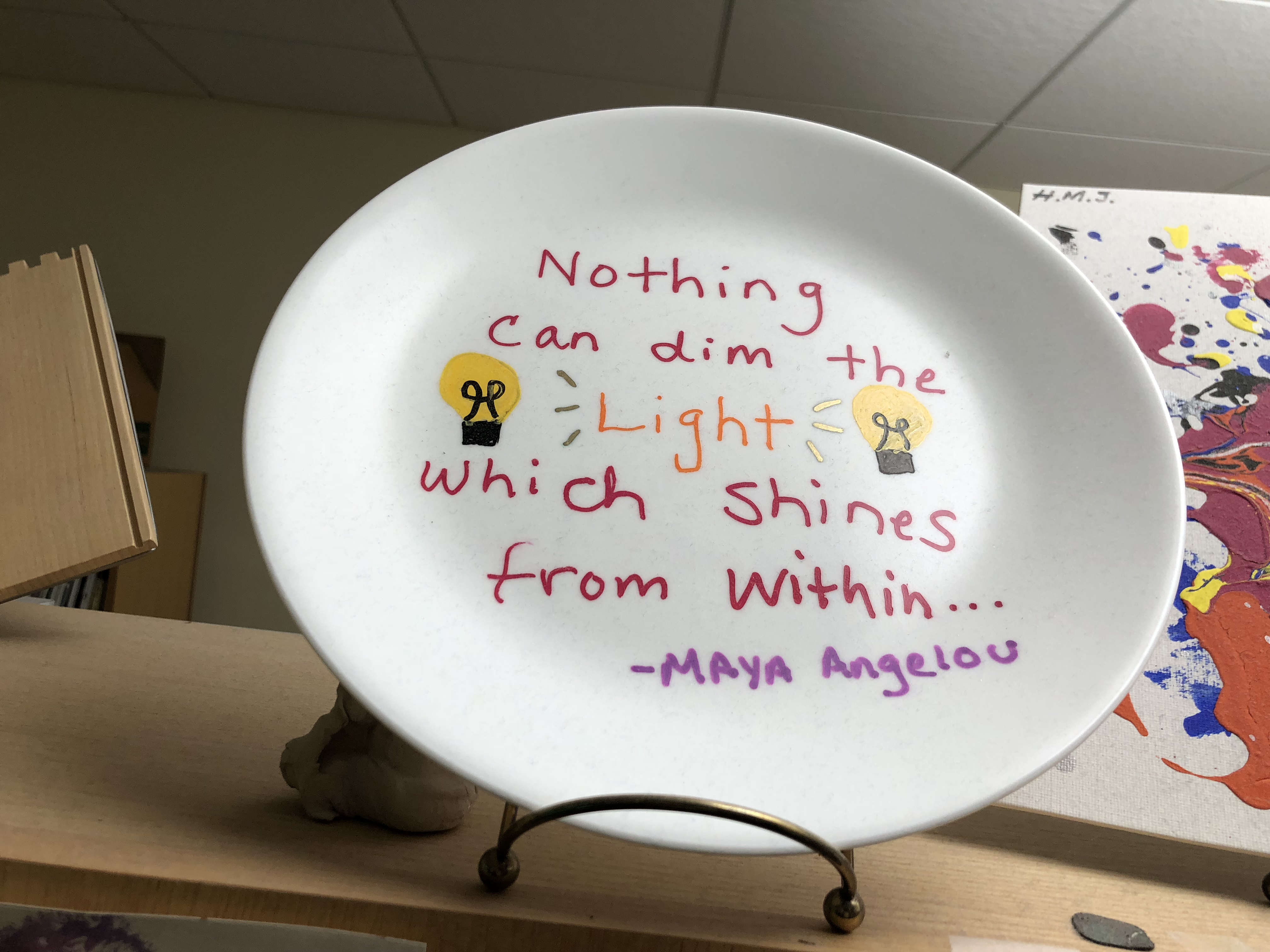 They are helping to address social isolation, Perez said. In Latino communities, a person feels alone struggling with mental health problems, financial problems, or an illness. Networking and connecting are two very important topics addressed throughout the workshop.
They are helping to address social isolation, Perez said. In Latino communities, a person feels alone struggling with mental health problems, financial problems, or an illness. Networking and connecting are two very important topics addressed throughout the workshop.
“Helping to connect people to the fabric of mental health care as one avenue, as well as dialogue and conversation within family structures,” Perez said.
It’s even driving Latinos to become civically involved.
Círculos de Fuerza workshops also show families how to navigate the educational system, connect with school officials, and participate in their children’s education. Parents can advocate in schools, helping children and their families with many issues.
“Some of the Latino parents that are not as actively engaged are viewed as parents that don’t care”, said Perez. The reality is that parents do not understand all the complicated dynamics surrounding the school system. They immigrate here for better economical and educational opportunities. It is a myth that needs to be busted, she said.
The workshop raises new awareness among parents, caregivers, and children. It is important for teenage children to know their power and their voice, too.
What’s Next For Círculos de Fuerza?
Perez hopes to take the program on the road.
There are many other areas that need this kind of workshop and similar tools. This program helps people understand what support systems are and aren’t.
“The reality is that diamonds are being created right now,” said Perez, “and there is nothing that’s going to stop that kind of strength and hopefully OLA’s role in adding pieces like mental health care is making sure that that diamond is going to be a diamond that’s going to shine and lead.”
By The Numbers
44
million
immigrants live in the United States
This success story was produced by Salud America! with support from the Robert Wood Johnson Foundation.
The stories are intended for educational and informative purposes. References to specific policymakers, individuals, schools, policies, or companies have been included solely to advance these purposes and do not constitute an endorsement, sponsorship, or recommendation. Stories are based on and told by real community members and are the opinions and views of the individuals whose stories are told. Organization and activities described were not supported by Salud America! or the Robert Wood Johnson Foundation and do not necessarily represent the views of Salud America! or the Robert Wood Johnson Foundation.

